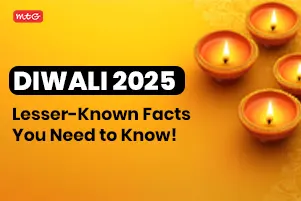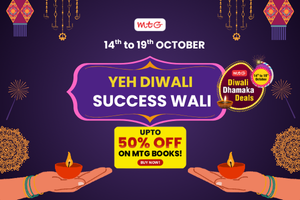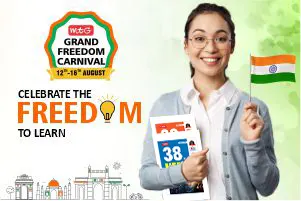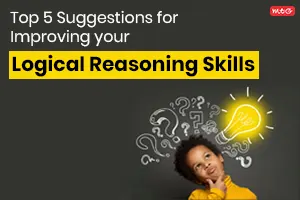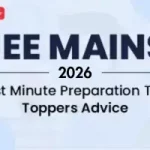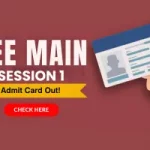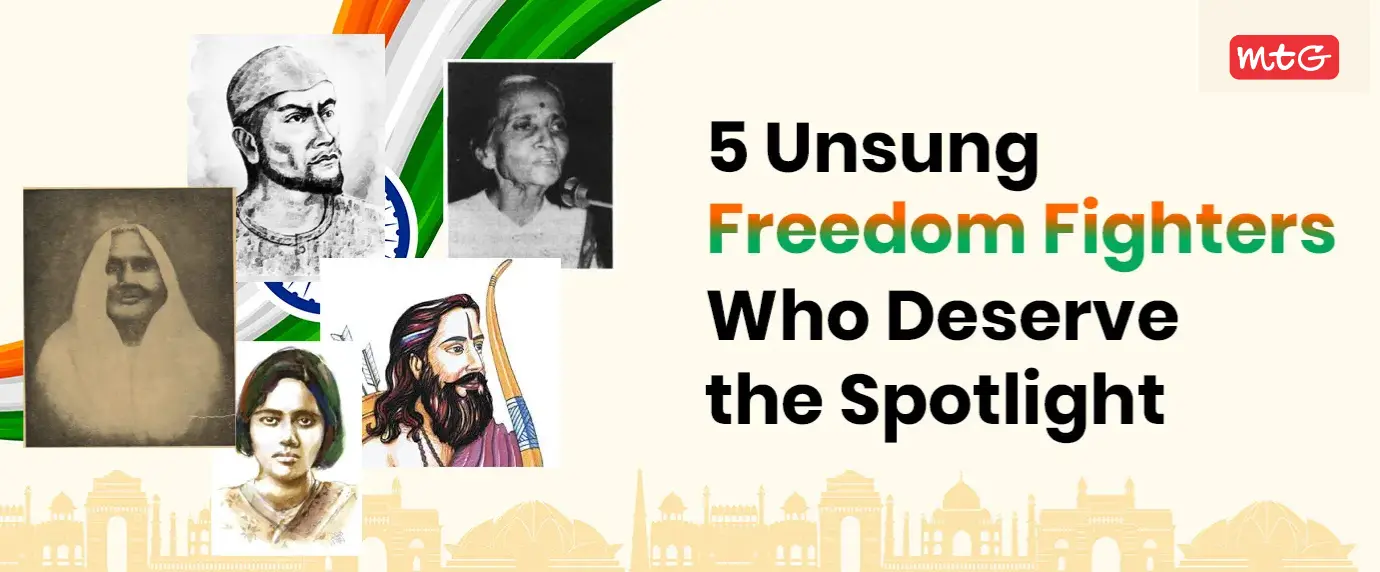
Every year on Independence Day, we proudly remember the sacrifices of leaders like Mahatma Gandhi, Netaji Subhas Chandra Bose, and Sardar Patel. Their contributions are undeniable, but India’s freedom was not won by a few. Countless others gave everything, yet got little recognition. For many of us, our textbook covered just a fraction of the true sacrifices; the rest, who never got the spotlight, have their bravery just as real as the others. Remembering them is not just a tribute but a way to let everyone know about our unsung heroes who kept our history honest and alive. In our rush to modernise, we may forget the names of our freedom fighters, but the values they stood for must never be forgotten.
This Independence Day, let’s shine a light on the unsung heroes who also helped India break the chains of British rule. Here are 5 remarkable but rarely acknowledged figures who shaped India’s freedom and whose stories you deserve to know.
- Matangini Hazra: The 73-Year-Old Revolutionary Who Died Holding a Flag
When most rest peacefully in retirement, Matangini Hazra took to the streets in defiance of the British Raj. Known as “Gandhi Buri” (Old Lady Gandhi), her life was a portrait of fearless patriotism.
Key Moments in Her Journey:
- Participated in the Salt Satyagraha and Quit India Movement.
- Led a peaceful procession of 6,000 protesters in Tamluk, Bengal in 1942.
- Shot multiple times by British forces but continued chanting “Vande Mataram” until her death with the tiranga (tricolour) in her hands.
Why She Matters:
Her story breaks the stereotype that revolution is only for the young or the powerful. It’s a symbol of defiant courage and grassroots resistance.

- Peer Ali Khan: The Bookbinder Who Sparked a Revolt
One of the earliest martyrs of India’s freedom struggle, Peer Ali Khan, played a vital role during the 1857 Uprising, long before Gandhi’s era.
What Makes Him Extraordinary:
- He was a bookbinder by trade but a secret revolutionary by passion.
- Distributed anti-British pamphlets and literature in Patna.
- Was arrested and hanged at just 24 years old for plotting rebellion against the British East India Company.
Legacy Today:
Despite his bravery, Peer Ali Khan’s name is barely remembered outside Bihar. But he is proof that common citizens played uncommon roles in India’s first war of independence.

You will also like – Celebrating 79th Independence Day with 79 Amazing Facts About India!
- Kanaklata Barua: The Teen Martyr from Assam
At the age of 17, Kanaklata Barua showed the kind of bravery that still inspires generations in the Northeast. She led a procession of unarmed protesters during the Quit India Movement.
Her Final Act of Defiance:
- Carried the Indian flag toward a British police station in Assam.
- Was shot dead while trying to hoist the flag.
- Refused to back down, knowing full well the risk she was taking.
Why Her Story Is Powerful:
Kanaklata was not just a protestor; she was a symbol of youthful resistance, especially from a region that is often neglected in the national narrative.

- Alluri Sitarama Raju: The Tribal Warrior of the Eastern Ghats
In the 1920s, Alluri Sitarama Raju led the Rampa Rebellion against British forest laws in present-day Andhra Pradesh. His charisma and guerrilla warfare tactics earned him the title “Indian Robin Hood.”
How He Resisted Colonial Oppression:
- Mobilised tribal communities who were being exploited and displaced.
- Attacked British police stations and redistributed seized property.
- Was finally captured and executed by the British at age 27.
What He Represents:
Raju’s life reminds us that freedom was also a fight for land, identity, and dignity, especially for tribal communities left out of mainstream history.

- Usha Mehta: The Girl Behind the Underground Radio
During the height of the Quit India Movement, a 22-year-old Usha Mehta launched the Secret Congress Radio, an underground station that kept the freedom movement alive.
What She Risked:
- Broadcast uncensored news and nationalist messages to counter British propaganda.
- Operated the station from hidden locations in Bombay.
- Was eventually arrested and tortured, but never gave up her contacts.
Why it Still Resonates:
Long before social media or smartphones, Usha Mehta used tech to challenge tyranny. She’s a forgotten pioneer of information warfare in colonial India.

The Bigger Picture: Why These Stories Matter
Independence Day is not just a date on the calendar, it is a call to remember everyone who made it possible.
Here is why acknowledging unsung heroes is crucial:
- It preserves cultural diversity– Many of these heroes came from different regions, castes, tribes, and genders.
- Inspires next generation– Real stories of resistance show young Indians what true courage looks like.
- It completes our national identity– India’s freedom was not won by a few, but by millions working together in different ways.
What You Can Do This Independence Day
You do not need a stage or a platform to celebrate these heroes. Here is how you can keep their memory alive:
- Share their stories on social media.
- Introduce them in school projects or community programs.
- Visit local memorials or museums dedicated to freedom fighters.
- Support books, films, and articles that spotlight voices in history.
Living Their Legacy in Today’s India
Here is how we can honour them, not just remember them:
Learn beyond textbooks. Explore stories from your local region, caste, tribe, or community. Freedom was fought on many fronts.
Be civically responsible. Vote. Volunteer. Question the powerful, take the responsibility by being the change. That is patriotism in action.
Celebrate ethical courage. Not everyone who fights for justice wears a tricolour, but they deserve your respect.
Support truth over trend. Whether it is media, history, or social dialogue, push for what’s true, not just viral.
Conclusion: Freedom Was a Collective Victory
This Independence Day, let us do more than watch the parade or post tricolour selfies. Let’s remember these unsung heroes who sacrificed their lives for the nation’s independence, who did not seek fame but gave their all for a free India. Their stories deserve a place not just in our textbooks, but in our hearts. Their values should live within us.
So, this Independence Stay curious. Stay grateful. And never stop learning, and be grateful for the beautiful, vibrant & diverse culture they have protected for us!





